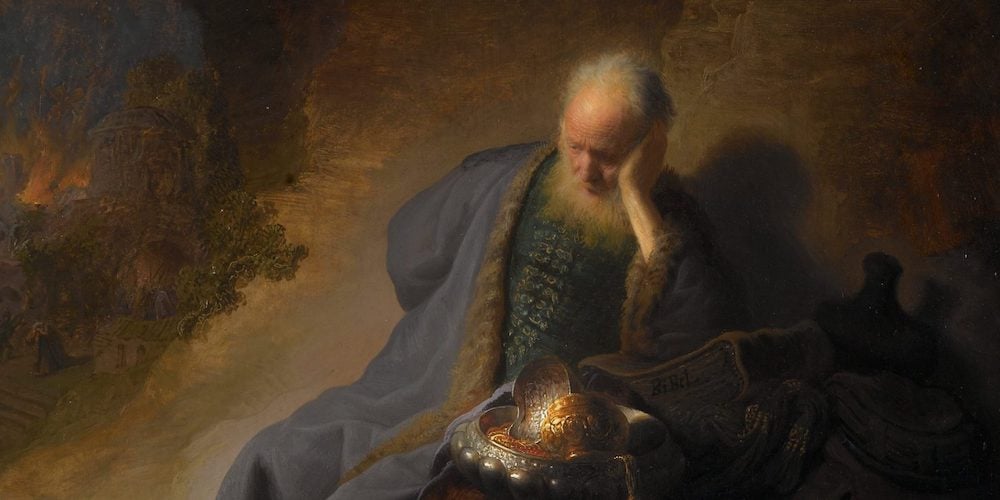There was blood everywhere. The dead child – a baby of about 20 weeks gestation – just delivered, lay at one end of the table. The nurse took the body away. My wife, at the other end, laying in anguish in body and soul, looked up only to ask if the baby was a boy or girl. She was a girl. We were in a clinic in Addis Ababa, Ethiopia, there as missionaries. Soon after, a fellow missionary recommended that we perk ourselves up with encouraging scriptures – like the kinds of verses they put on posters, with cute cats or people hanging from rock cliffs. I replied, “actually for our Bible reading, we’re in Lamentations.”
Login to read more
Sign in or create a free account to access Subscriber-only content.
